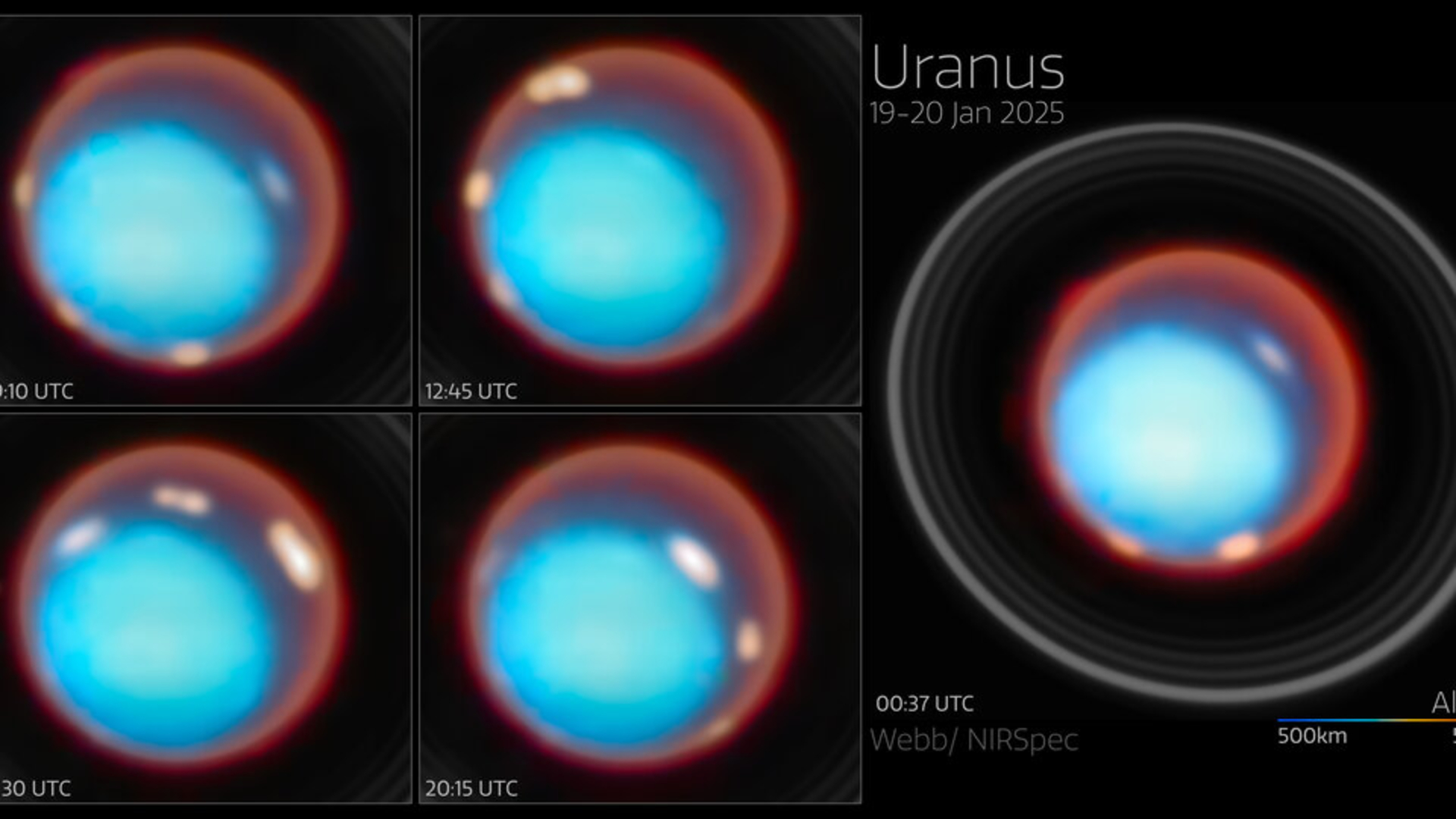Astronaut captures sparkling 'shooting star' video as Russian space station module falls to Earth
Russia's old Pirs module (safely) went down in flames.
Get the world’s most fascinating discoveries delivered straight to your inbox.
You are now subscribed
Your newsletter sign-up was successful
Want to add more newsletters?

Delivered Daily
Daily Newsletter
Sign up for the latest discoveries, groundbreaking research and fascinating breakthroughs that impact you and the wider world direct to your inbox.

Once a week
Life's Little Mysteries
Feed your curiosity with an exclusive mystery every week, solved with science and delivered direct to your inbox before it's seen anywhere else.

Once a week
How It Works
Sign up to our free science & technology newsletter for your weekly fix of fascinating articles, quick quizzes, amazing images, and more

Delivered daily
Space.com Newsletter
Breaking space news, the latest updates on rocket launches, skywatching events and more!

Once a month
Watch This Space
Sign up to our monthly entertainment newsletter to keep up with all our coverage of the latest sci-fi and space movies, tv shows, games and books.

Once a week
Night Sky This Week
Discover this week's must-see night sky events, moon phases, and stunning astrophotos. Sign up for our skywatching newsletter and explore the universe with us!
Join the club
Get full access to premium articles, exclusive features and a growing list of member rewards.
From his perch on the International Space Station, a French astronaut watched a long-running Russian space module break into pieces in a shower of fireworks. What's more, he caught the event on video.
The European Space Agency's Facebook page shows a sped-up timelapse of the module, called Pirs, meeting its fiery demise Monday (July 26) under the watch of Thomas Pesquet.
"Atmospheric reentry without a heat shield results in a nice fireball," Pesquet wrote in the post, which also included a French description. "You clearly see smaller pieces of melting metal floating away and adding to the fireworks."
Video: Watch a spacecraft burn up in Earth's atmosphere from space station
Related: Astronaut watches Russian space station module fall from space in fiery demise (photos)
The astronauts could watch Pirs breaking apart above the clouds for around six minutes, he added, then joked it might be a good idea to wish upon the next "shooting star" you see in the sky, which might be a meteor — or might be the orbital trash burning up. If it is trash, he continued, "not sure it [the wish] will be granted ... but you never know, I'd still advise to go ahead."
Pirs was retired from service after nearly 20 years of work at the space station. It came to orbit Sept. 14, 2001 after launching from the Baikonur Cosmodrome in Kazakhstan, along with a modified Progress spacecraft as the upper stage of its Soyuz-U rocket. Three days later, it docked with the Zvezda service module, becoming the sixth pressurized module of the orbiting complex.
The long-running docking compartment met its demise to make way for a new Russian science module called Nauka. The delayed module — held up for 13 years due to various technical and budgetary issues — temporarily created havoc Friday (July 30) when a misfire caused Nauka to temporarily yet severely tilt the International Space Station.
Get the world’s most fascinating discoveries delivered straight to your inbox.
NASA representatives have repeatedly emphasized that the Expedition 65 crew was never in any danger and that the tilt was quickly corrected. "The change occurred was slow enough to go unnoticed by the crew members on board, and all other station systems operated nominally during the entire event," the agency told Space.com on Monday (Aug. 2).
Follow Elizabeth Howell on Twitter @howellspace. Follow us on Twitter @Spacedotcom and on Facebook.

Elizabeth Howell was staff reporter at Space.com between 2022 and 2024 and a regular contributor to Live Science and Space.com between 2012 and 2022. Elizabeth's reporting includes multiple exclusives with the White House, speaking several times with the International Space Station, witnessing five human spaceflight launches on two continents, flying parabolic, working inside a spacesuit, and participating in a simulated Mars mission. Her latest book, "Why Am I Taller?" (ECW Press, 2022) is co-written with astronaut Dave Williams.
 Live Science Plus
Live Science Plus












